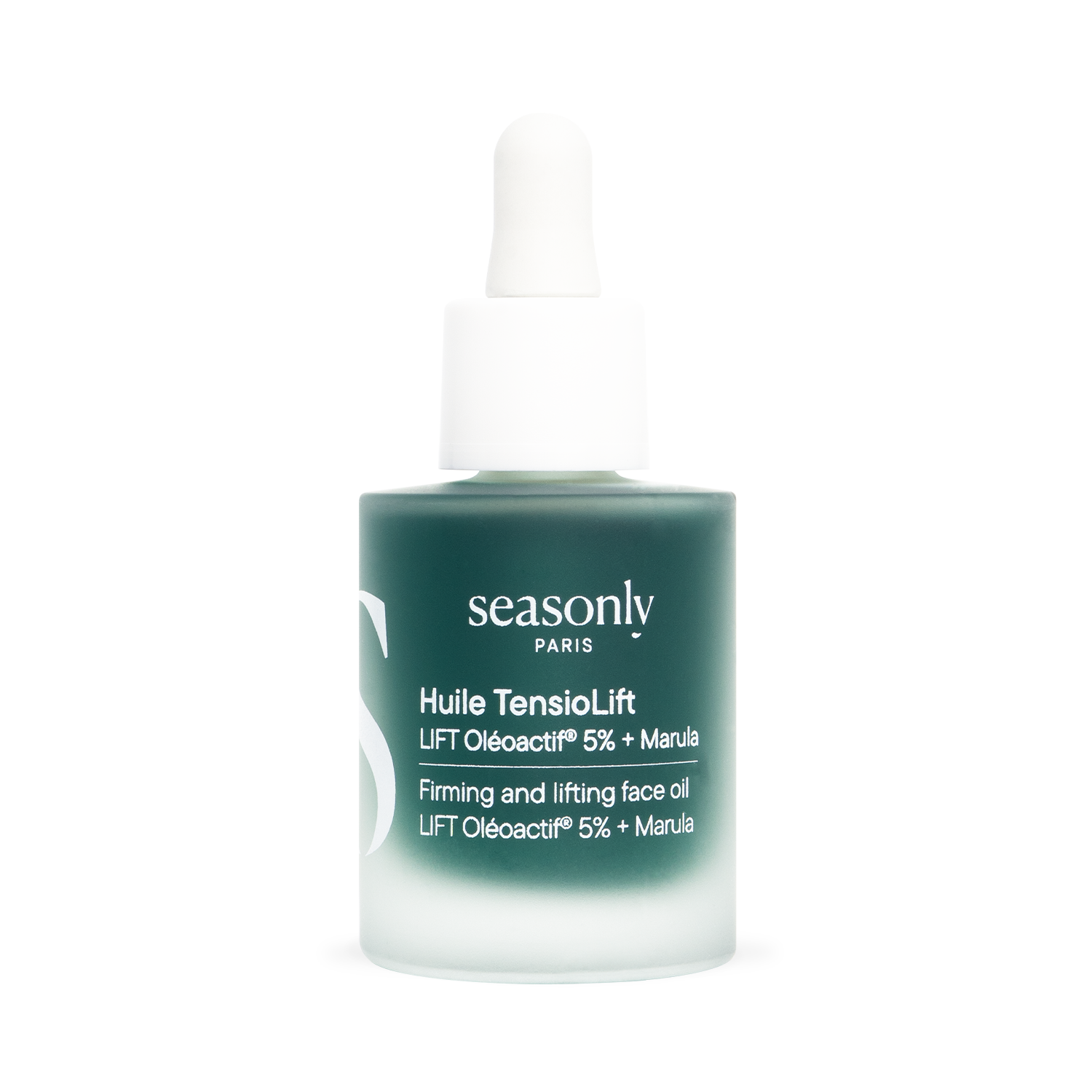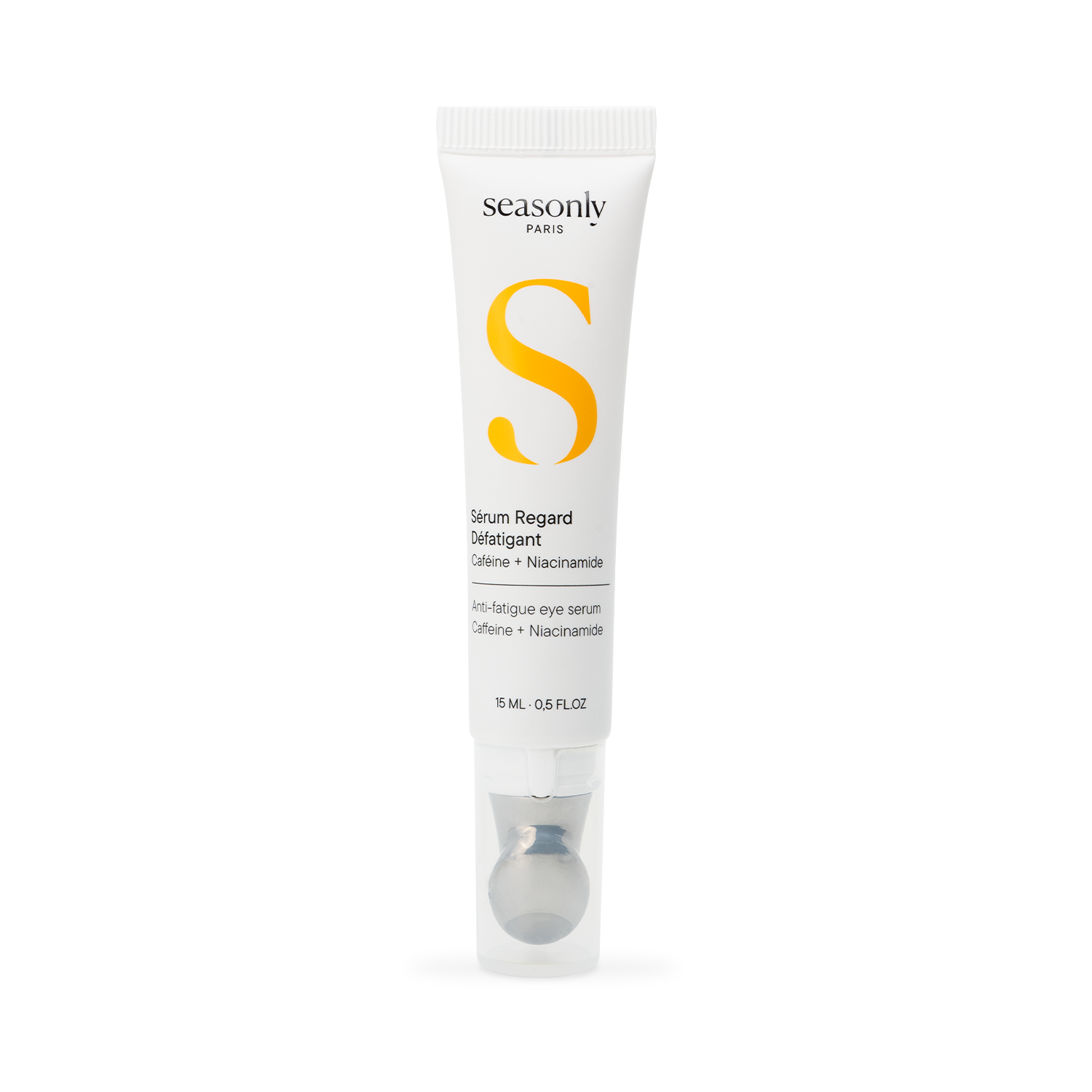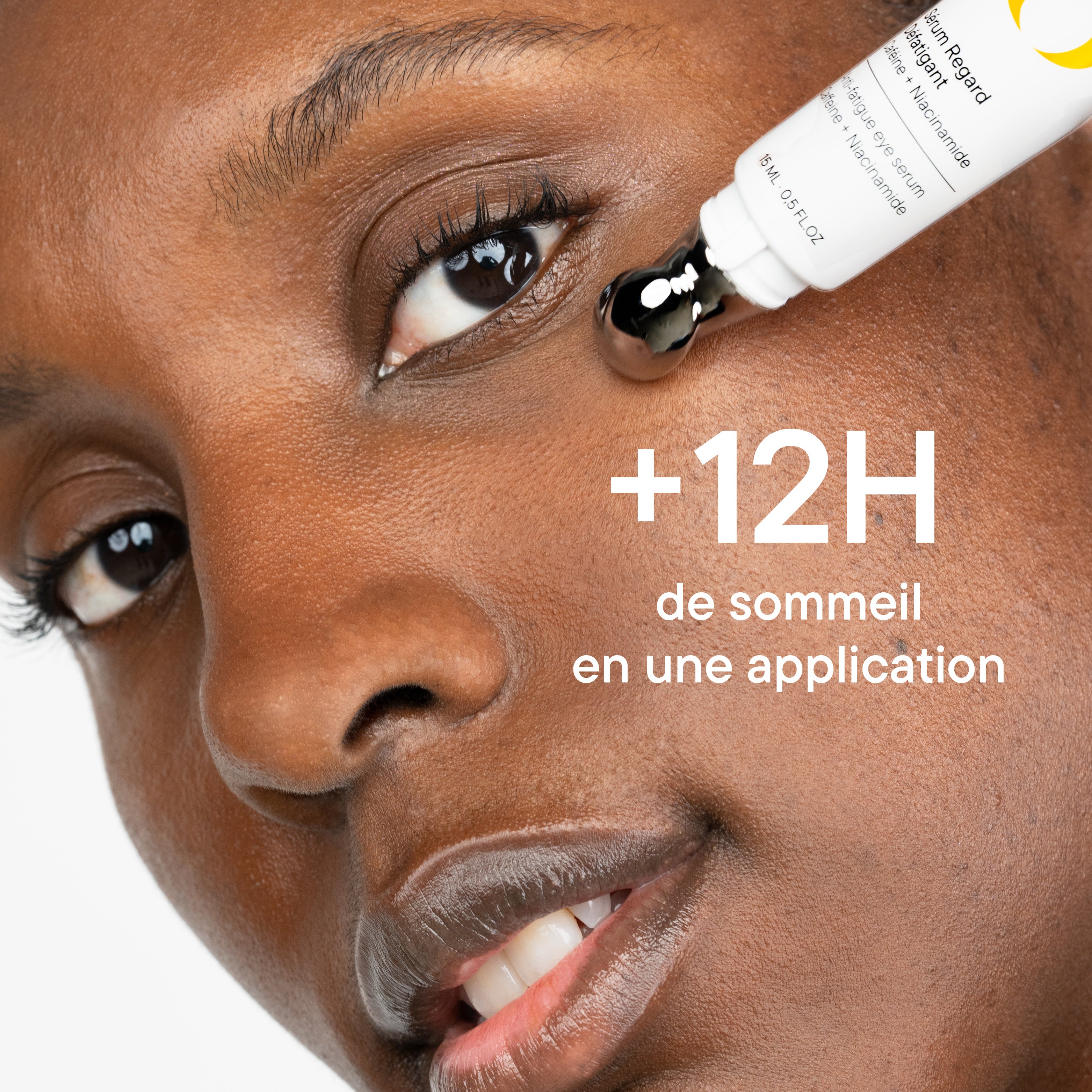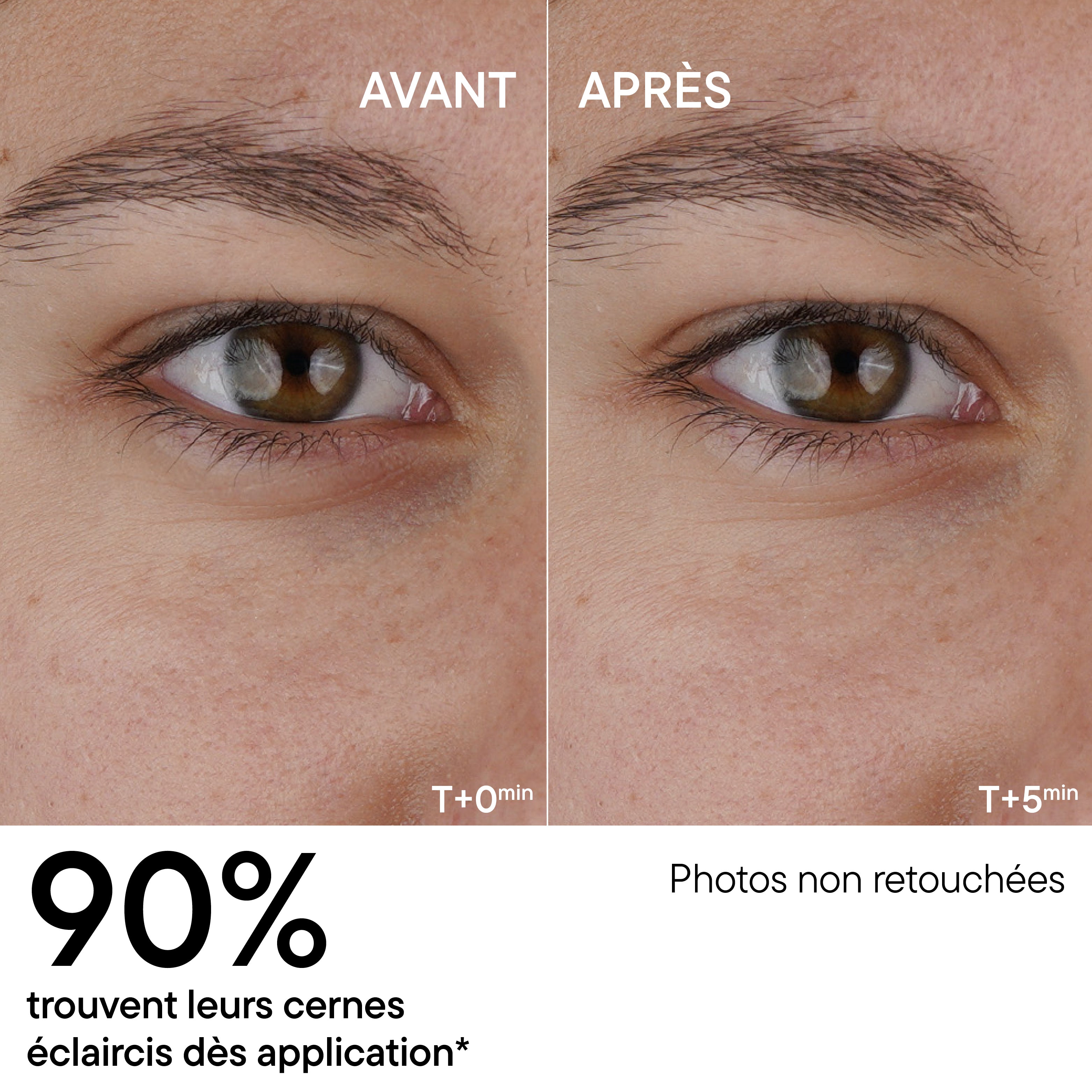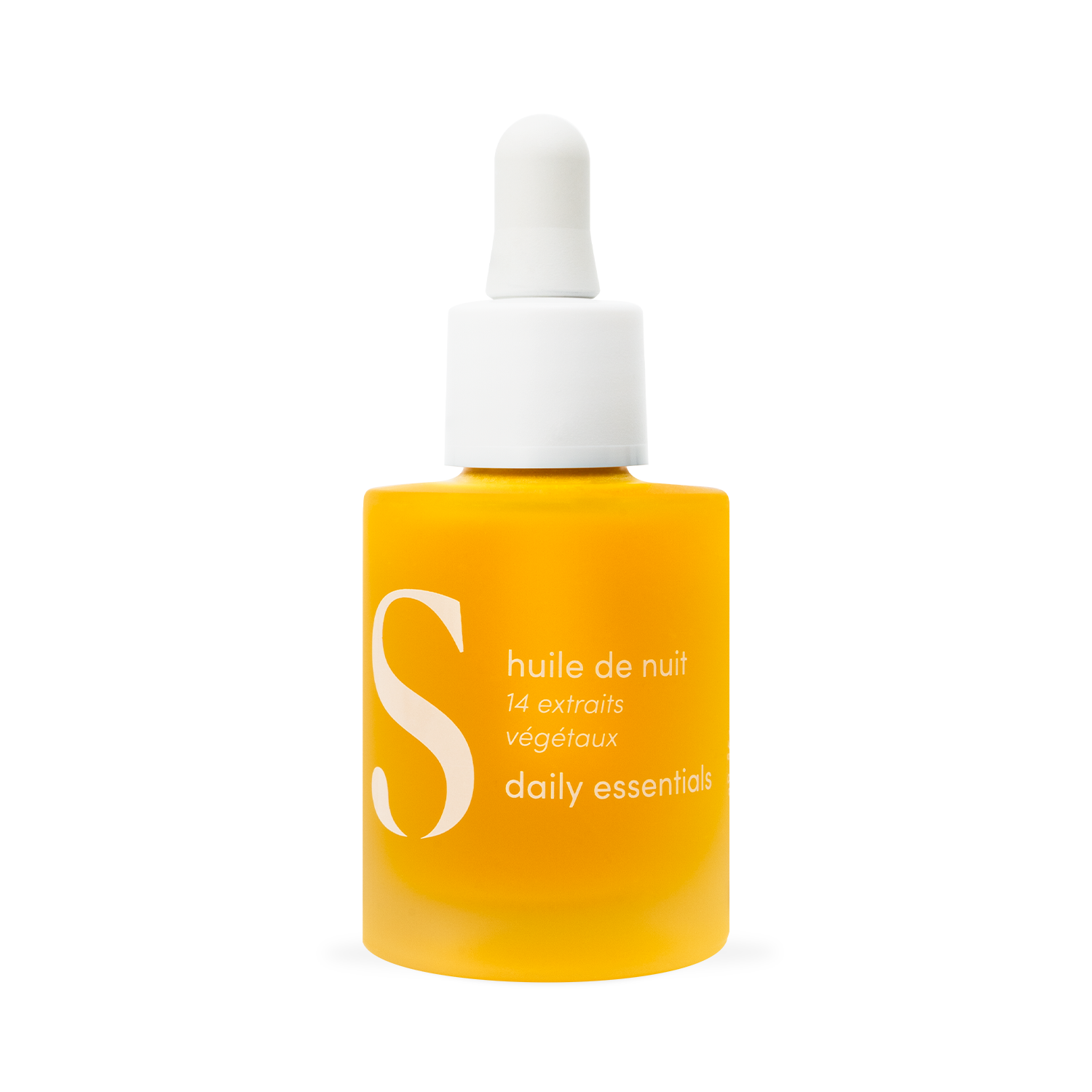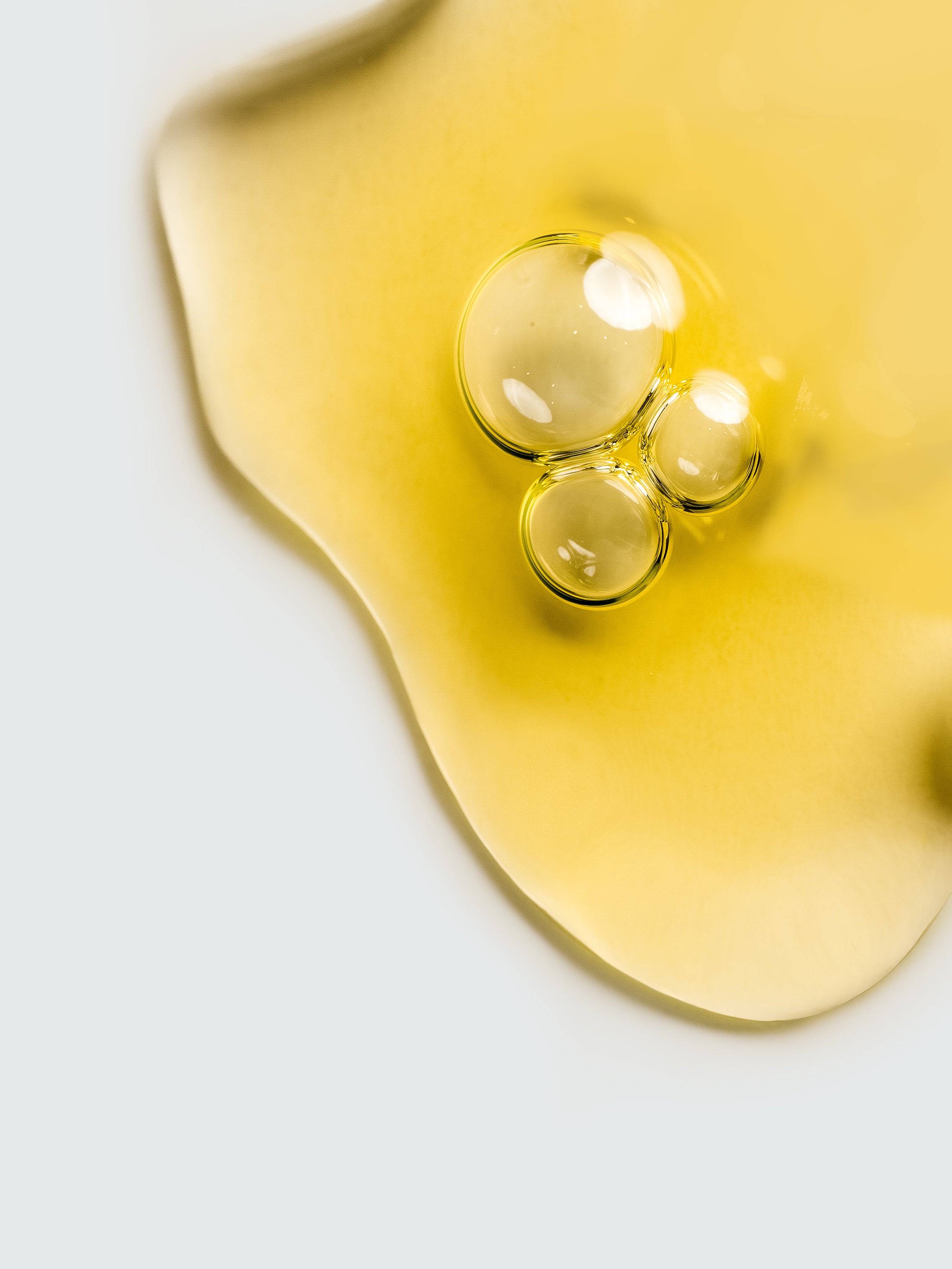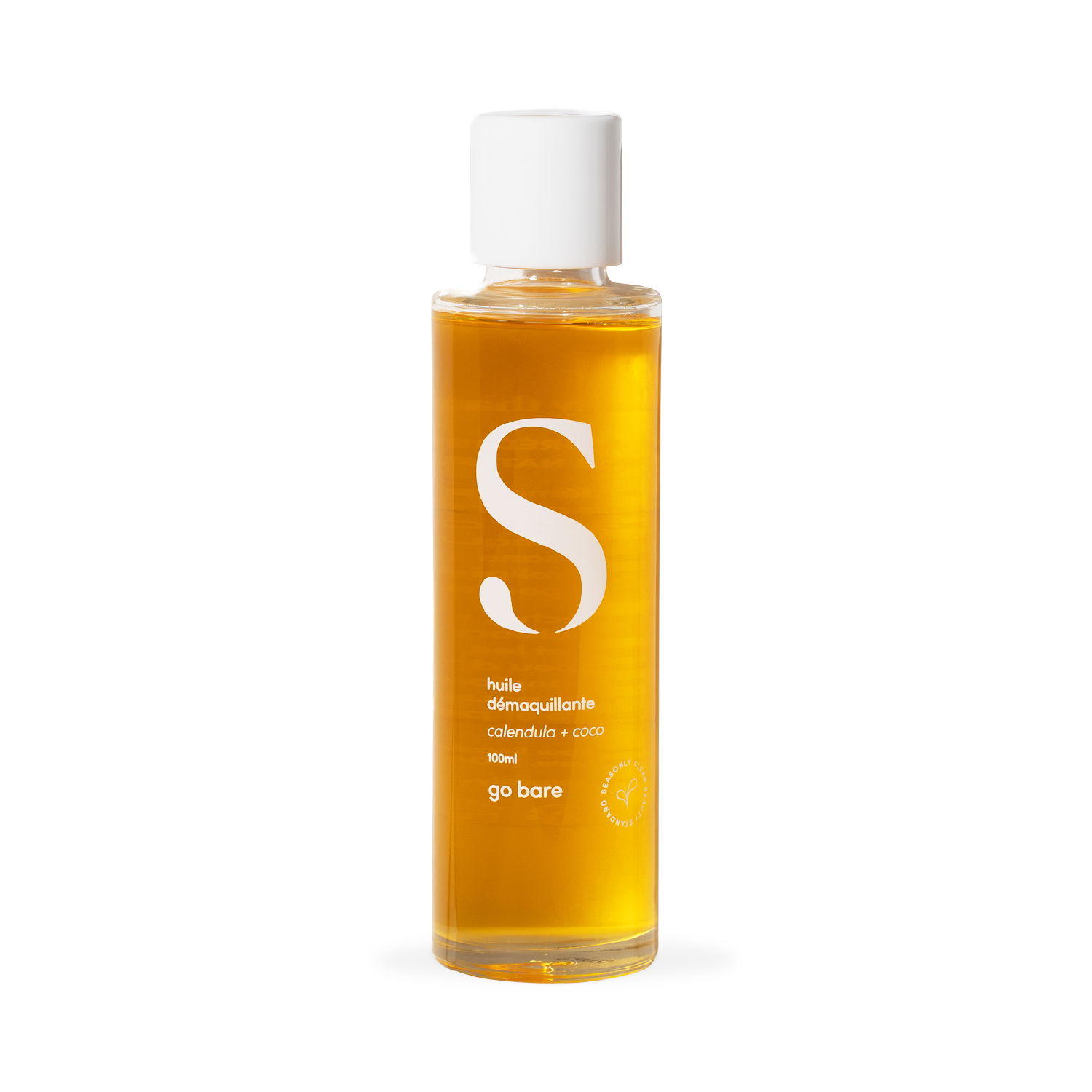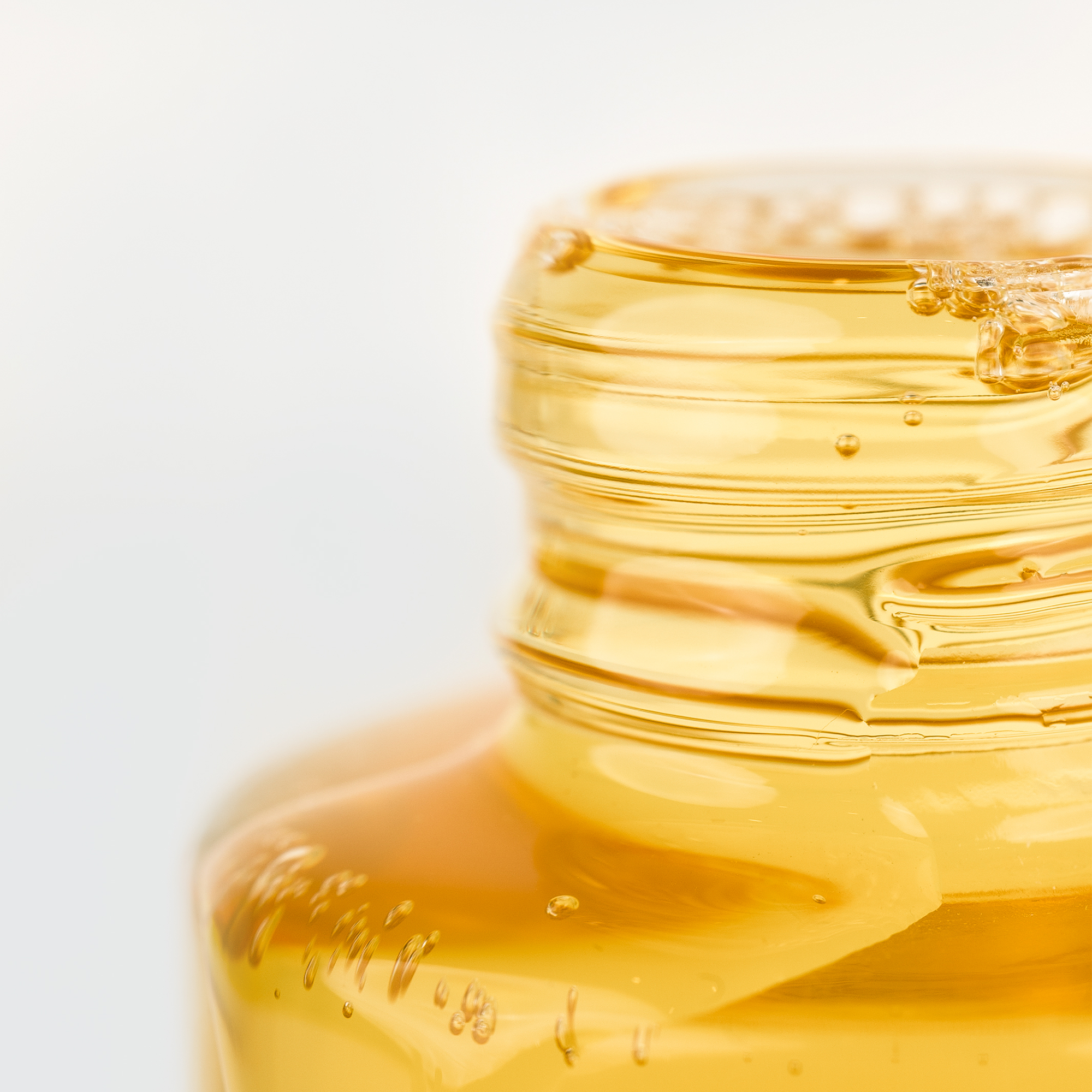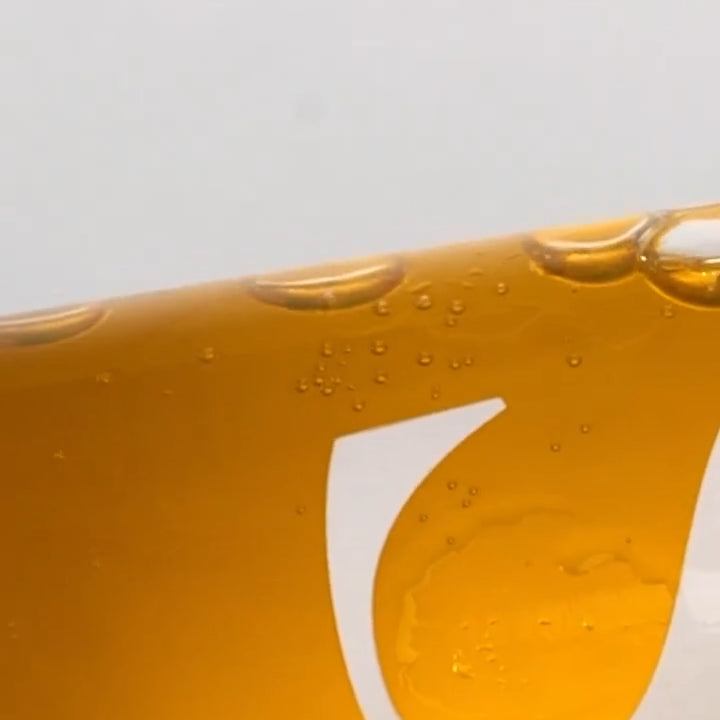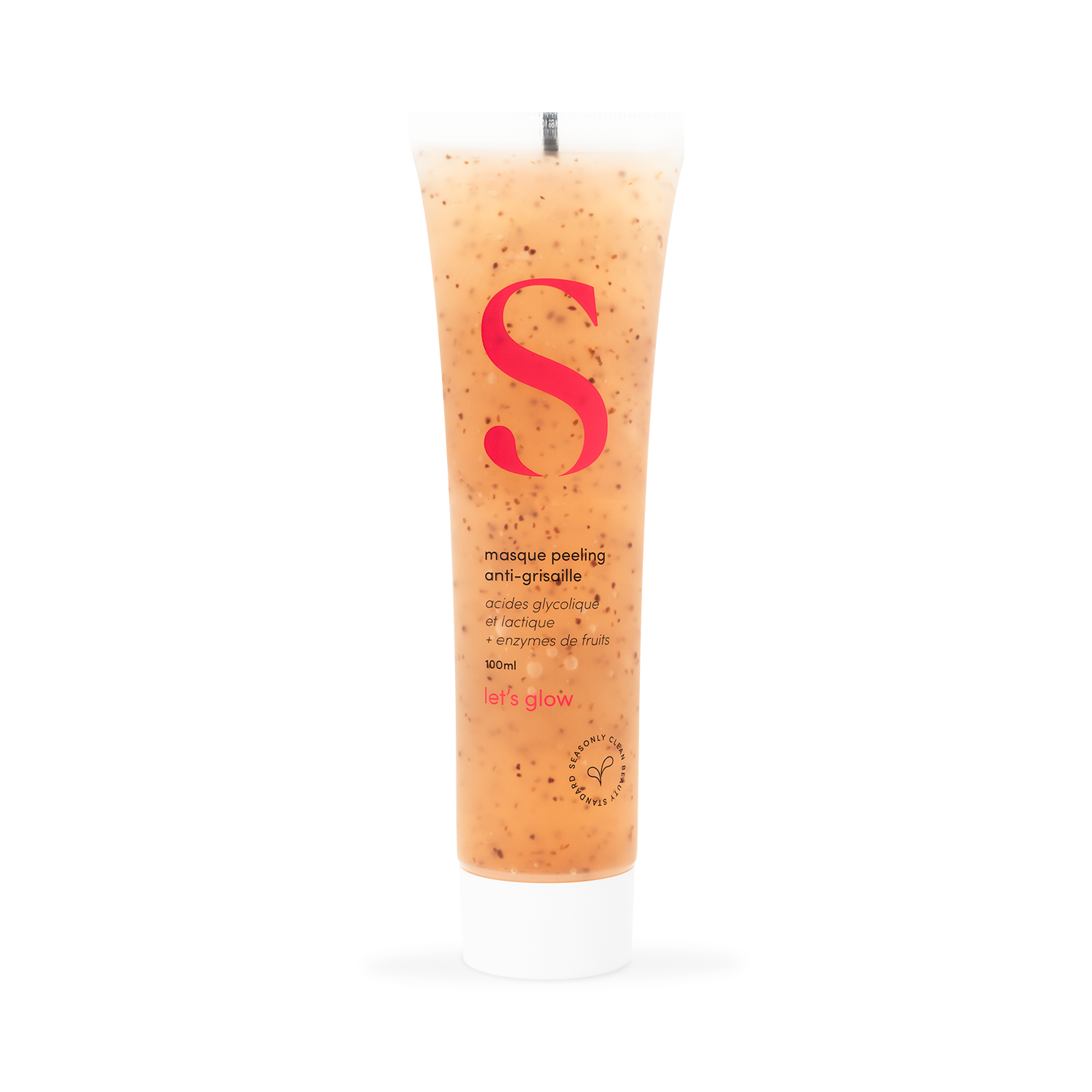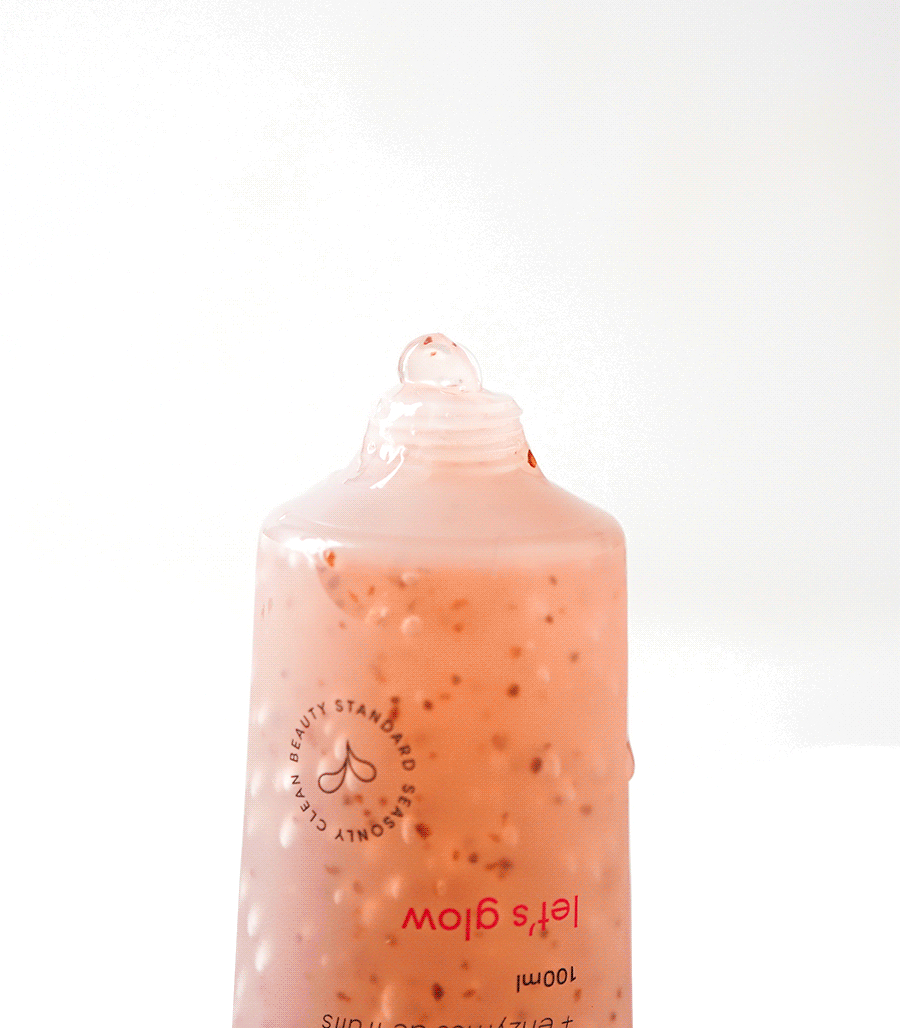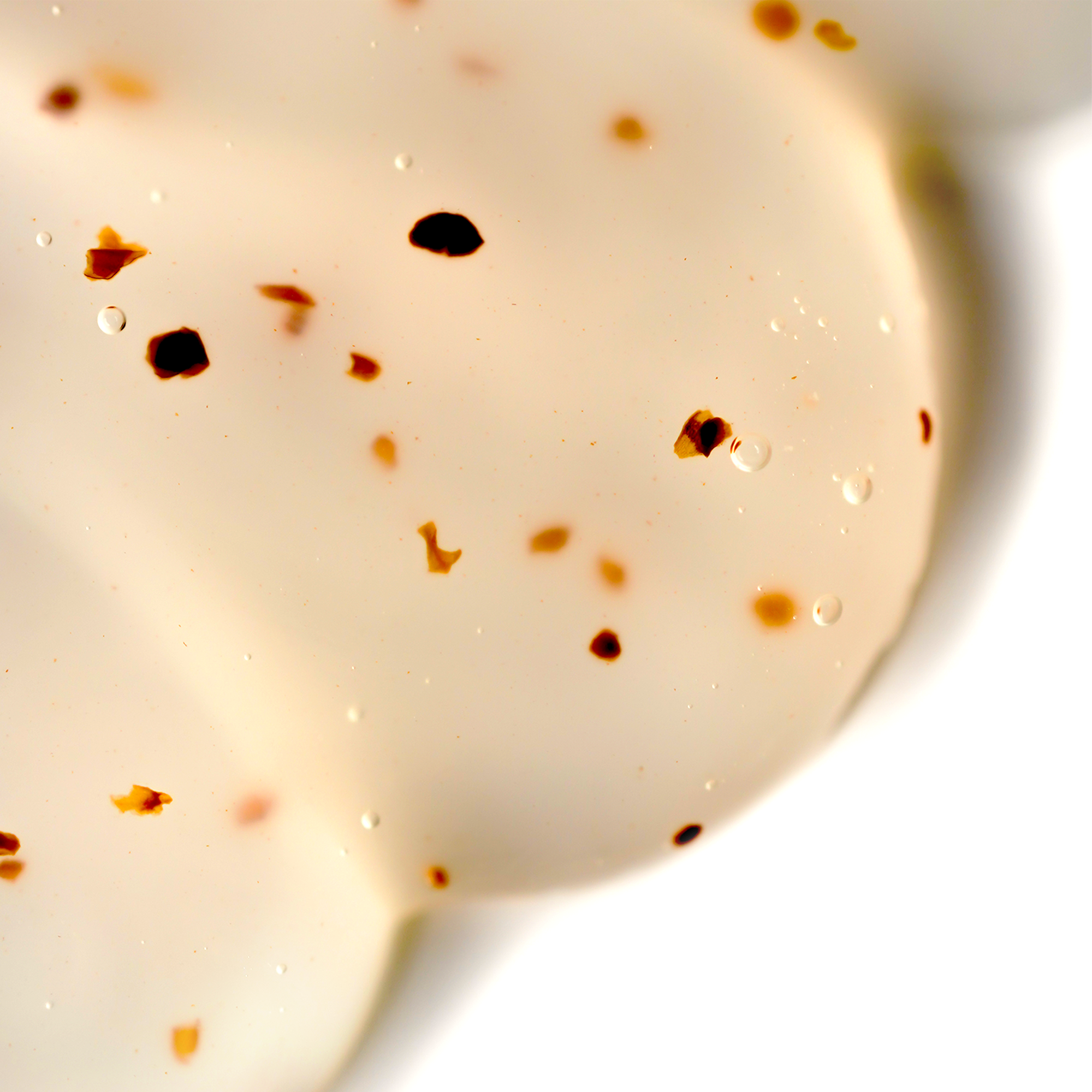What are the benefits of collagen for the skin?
Skin is made up of various essential elements, including proteins like collagen, which plays a key role in maintaining its firmness, elasticity and structure. Naturally present in the dermis, collagen is essential for skin health.
However, over time, its production decreases, which can lead to sagging skin and the appearance of early wrinkles. So why is collagen so important for your skin?
What is collagen?
Naturally present in the body, collagen is the most abundant protein in humans, representing about 25% of total proteins. Produced by fibroblasts, it provides strength and structure to many connective tissues, including skin, muscles, bones, ligaments, tendons and even hair.
There are 28 types of collagen, each with specific properties depending on its location. Type I is the most common in the extracellular matrix of the dermis, accounting for 80–90% of total collagen. It consists of three polypeptide chains coiled into a helix, each consisting of about a thousand amino acids.
These chains are stabilized by disulfide bonds and form repeating units called sequences. Glycine is the most abundant amino acid in collagen, which also contains significant amounts of proline and hydroxyproline.
What happens when you lose collagen?
Collagen is essential for skin health. Present in the form of fibers, it regenerates tissues, ensures elasticity, suppleness and resistance, and acts as a binder between cells, thus contributing to skin structure.
However, with age, collagen production gradually declines. This phenomenon begins as early as age 25, with a loss of about 1% per year, which can reach 25% per year over time. Thus, by age 80, a person may have lost up to 75% of their collagen compared to their youth. In addition, collagen fibers become more rigid, fragmented and disorganized.
This decrease in collagen leads to the appearance of wrinkles, a loss of firmness and elasticity of tissues, as well as sagging of the skin. A collagen deficiency can also make the skin texture uneven, leading to a loss of radiance and a less uniform complexion. Several factors can accelerate this degradation, such as exposure to UV rays without protection, smoking, air pollution and an unbalanced diet, particularly through glycation, which stiffens the collagen and weakens the skin.
Collagen, what is its role in cosmetics?
To slow down skin aging, external collagen intake can be beneficial. In cosmetics, it is used to compensate for the decrease in production related to age, thus helping to reduce the depth of wrinkles and improve the overall appearance of the skin. When applied topically, collagen offers several actions:
Anti-radical action: In vitro studies have demonstrated that collagen has antioxidant properties, allowing it to neutralize free radicals and attenuate the harmful effects of oxidative stress.
Moisturizing action: Collagen helps prevent dehydration by forming a thin film on the surface of the epidermis, protecting the skin against insensible water loss and external aggressions. It also has the ability to attract and retain water in the tissues, thus maintaining a good level of hydration. In addition, it strengthens the adhesion between cells in the epidermis, contributing to the integrity of the skin barrier.
Restructuring action: In vitro and in vivo studies have shown that collagen hydrolysate stimulates the natural production of collagen while reducing its degradation. Peptides derived from hydrolyzed collagen promote the proliferation and activity of fibroblasts, cells responsible for the production of collagen, elastin and glycosaminoglycans. Improved cell-cell adhesion also helps maintain smooth and firm skin for longer, delaying the appearance of wrinkles and improving skin texture and elasticity.
What are the terms of use?
Native collagen is a fibrous protein with a high molecular weight (about 300 kDa), which limits its ability to cross the epidermal barrier. To be effective and assimilated by the skin, its molecular weight must be between 2,000 and 6,000 Da, because a lower weight promotes better bioavailability.
To overcome this limitation, collagen is hydrolyzed, i.e. fragmented into amino acid peptides with a reduced molecular weight (between 1,000 and 10,000 Da). This process facilitates transepidermal passage and improves absorption through the skin.
And in Seasonly care?
Many cosmetic products now include collagen or collagen precursors in their formulation. At Seasonly, this protein is found in the TensioLift Serum , under the INCI name "Hydrolyzed Vegetable Protein", hydrolyzed vegetable proteins, often used to mimic the effects of collagen in cosmetics to allow a deeper action and stimulate the natural production of collagen by the skin.
It is obtained by hydrolysis, a process that breaks down long protein chains into smaller fragments, called peptides or amino acids, to improve their absorption through the skin.
This type of plant collagen can be extracted from different sources, including grains (wheat, corn), legumes (soy, peas), or other protein-rich plants.
Another recommendation? Drinking collagen: In particular, the Bain de minuit treatment from the Apnée Paris brand, renowned for its powerful anti-aging effect. It contains 10g of hydrolyzed marine collagen, combined with hyaluronic acid and vitamins C and E, for visibly smoother and more radiant skin, while helping to reduce wrinkles and fine lines. For any order from the TensioLift range on our site, receive an Apnée gift with your order by entering the code APNEE at the time of purchase. You will receive Bain de Minuit sticks as well as another surprise. The goal? Prolong the effects of TensioLift in order to nourish your skin from the inside, restore its volume and smooth out wrinkles.
The offer is only available on our website, while stocks last, so act quickly!






